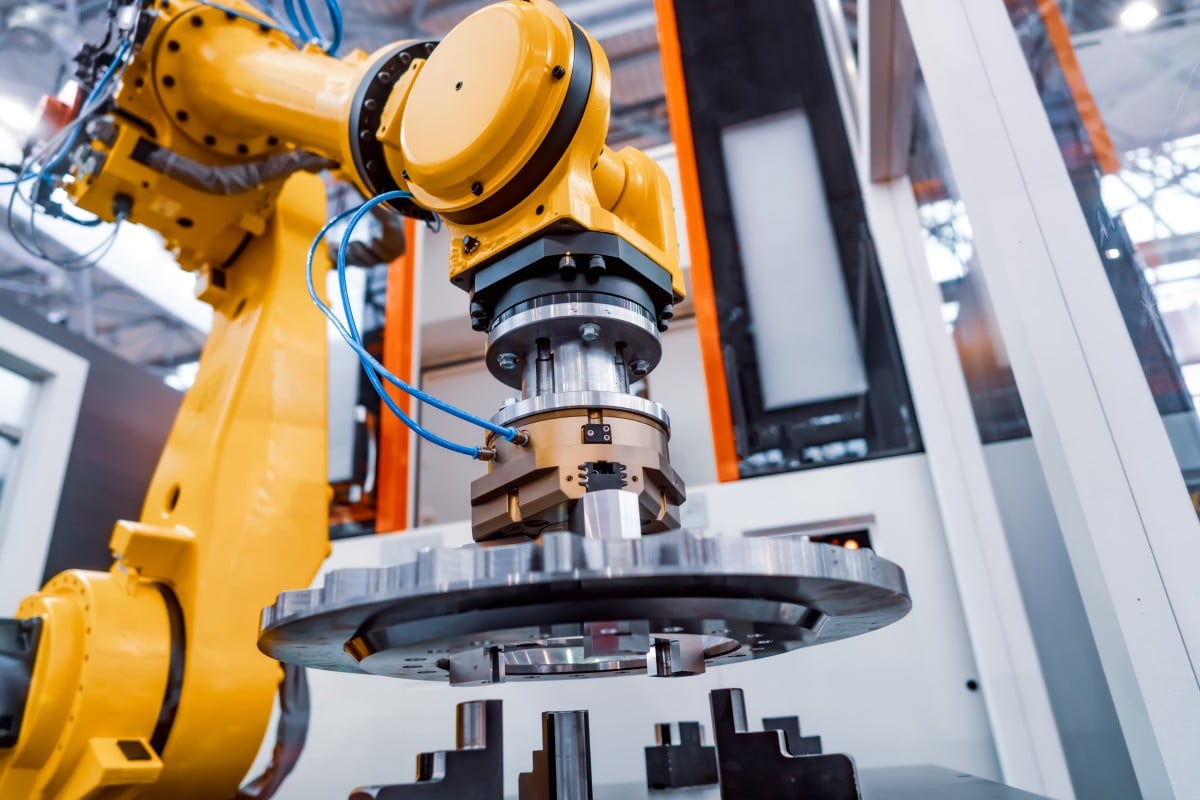Robotics companies are finally making real money. VCs threw $6 billion at robotics startups in just seven months of 2025, making it basically the only tech category that isn't AI getting serious funding.
Here's what everyone gets wrong: this isn't because of AI. The real story starts in 2012 when Amazon bought Kiva Systems for $775 million. That one deal convinced every entrepreneur that warehouse robots were the future.
Seth Winterroth at Eclipse Ventures put it perfectly: that one Amazon acquisition "launched 1,000 robotic startups" between 2011 and 2016. The problem? Most of them crashed and burned.
But here's the thing about failing in robotics - you learn real fast what doesn't work. All those dead startups taught the survivors crucial lessons about what customers actually want versus what sounds cool in a demo.
The turning point was realizing that "lights out manufacturing" - where robots do everything - is bullshit. Kira Noodleman at Bee Partners learned this the hard way when Rapid Robotics (which she funded) shut down trying to automate entire factories. "Machine tending is literally just putting stuff in and taking stuff out," she told TechCrunch. "Why did we think we needed to replace the human?"
So companies stopped trying to build robot overlords and started building robot assistants. Turns out customers actually buy that, especially in manufacturing, warehouses, and construction where finding workers is damn near impossible.
The Real Reason: Hardware Got Dirt Cheap
But market lessons were only half the story. The bigger breakthrough? Building robots stopped costing a fortune.
"The cost of building robotics has been going dramatically down," Fady Saad at Cybernetix Ventures told TechCrunch. Translation: sensors that cost $10,000 in 2012 now cost $100. Compute that needed a server rack fits in your pocket. Batteries last ten times longer.
This means robotics companies can actually turn a profit without selling to every Fortune 500 company. Small manufacturers who couldn't afford $500K automation systems will pay $50K for something that does 80% of the job.
